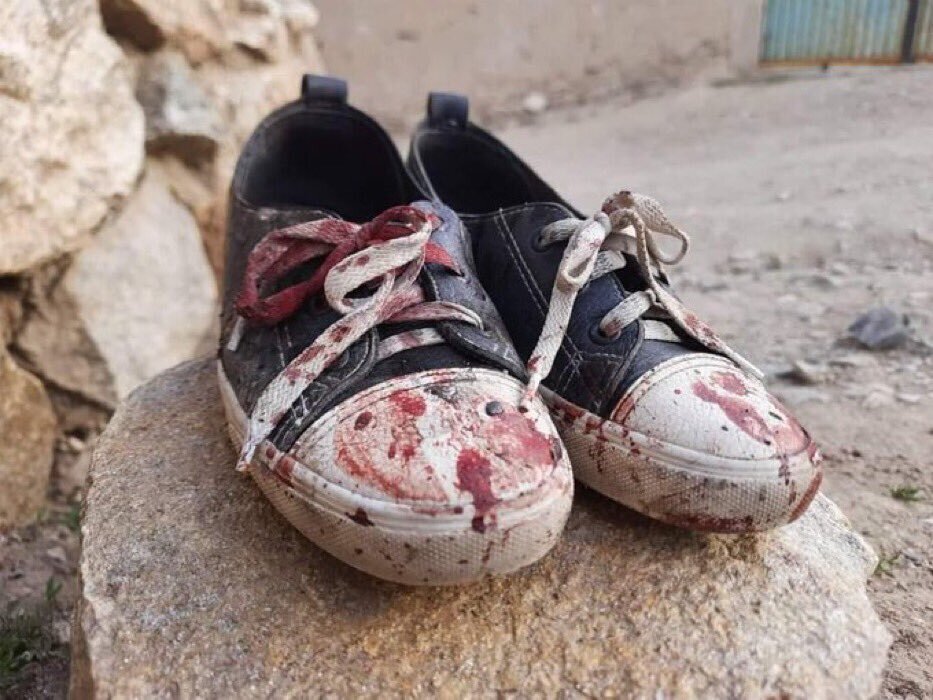ICESCO denounces terrorist attack on Afghan school

TEHRAN- In a statement on Sunday, the National Commission of the Islamic World Educational, Scientific, and Cultural Organization (ICESCO) run by the Iranian Ministry of Education under the auspices of the Organization of Islamic Cooperation (OIC)condemned the April 19 terrorist attacks on the all-boys Abdul Rahim Shahid high school and the nearby Mumtaz education center, both located in the Dasht-e-Barchi area, a predominantly Shiite Muslim neighborhood in western Kabul.
The blasts resulted in the martyrdom of a number of Afghan pupils and injury of some others.
The attack at the Abdul Rahim Shahid high school reportedly occurred as students were coming out of their morning classes, according to the UN in Afghanistan. The blasts at the Mumtaz education center followed shortly afterwards.
The following is a statement issued by Iran's ICESCO National Commission:
“The American and colonial current of takfirism and extremism and eclecticism to pump Islamophobia in the world this time showed their fear of knowledge and education, and by killing Afghan pupils and teenagers, the biggest target of their explosions were schools as a base of wisdom against ignorance and adolescents as the founders of the future.
The enemies of unity should know that each tulip grows from every martyr to the awakening of nations. Their terrorist acts multiply the people's hatred of their American and Salafi and reactionary masters.
The ICESCO National Commission under the Ministry of Education of the Islamic Republic of Iran condemns the terrorist act in Kabul schools and the martyrdom of a number of oppressed Afghan Sunni and Shiite pupils during Ramadan and see it as another conspiracy for promoting Islamophobia, sowing division and causing backwardness by the countries of the region and creating a wave of migration of Hazaras and their migration and departure from Afghanistan.”
Ramiz Alakbarov, UN Humanitarian Coordinator in Afghanistan, issued a statement strongly condemning the “horrific” attacks.
“Violence in or around schools is never acceptable. For the people of Afghanistan, already beleaguered by forty years of war, schools should be safe havens, and places where children can learn and flourish,” he said.
Alakbarov underlined that attacks against civilians and civilian infrastructure, including schools, are strictly prohibited under international humanitarian law.
UN Secretary-General António Guterres has also denounced the bombings.
"Attacks against civilians and civilian infrastructure, including schools, are strictly prohibited under international humanitarian law," UN spokesperson Stephane Dujarric told journalists in New York.
In expressing her condemnation, the head of the UN Children's Fund (UNICEF), Catherine Russell, noted that the number of casualties is expected to rise.
She also appealed in the strongest terms to all parties to protect boys and girls at all times.
“Attacks on children and education facilities constitute grave rights violations," said Ms. Russell. "Schools are more than places of learning; they should be havens of protection and peace."
Terrorists carried out a series of barbaric blasts on schools and mosques in several provinces, including Kabul, Mazar-e-Sharif, and Kunduz, martyring or injuring tens of Shiite and Sunni Muslims, including youngsters, just in a matter of three days: April 19, April 21, and April 22.
Leave a Comment